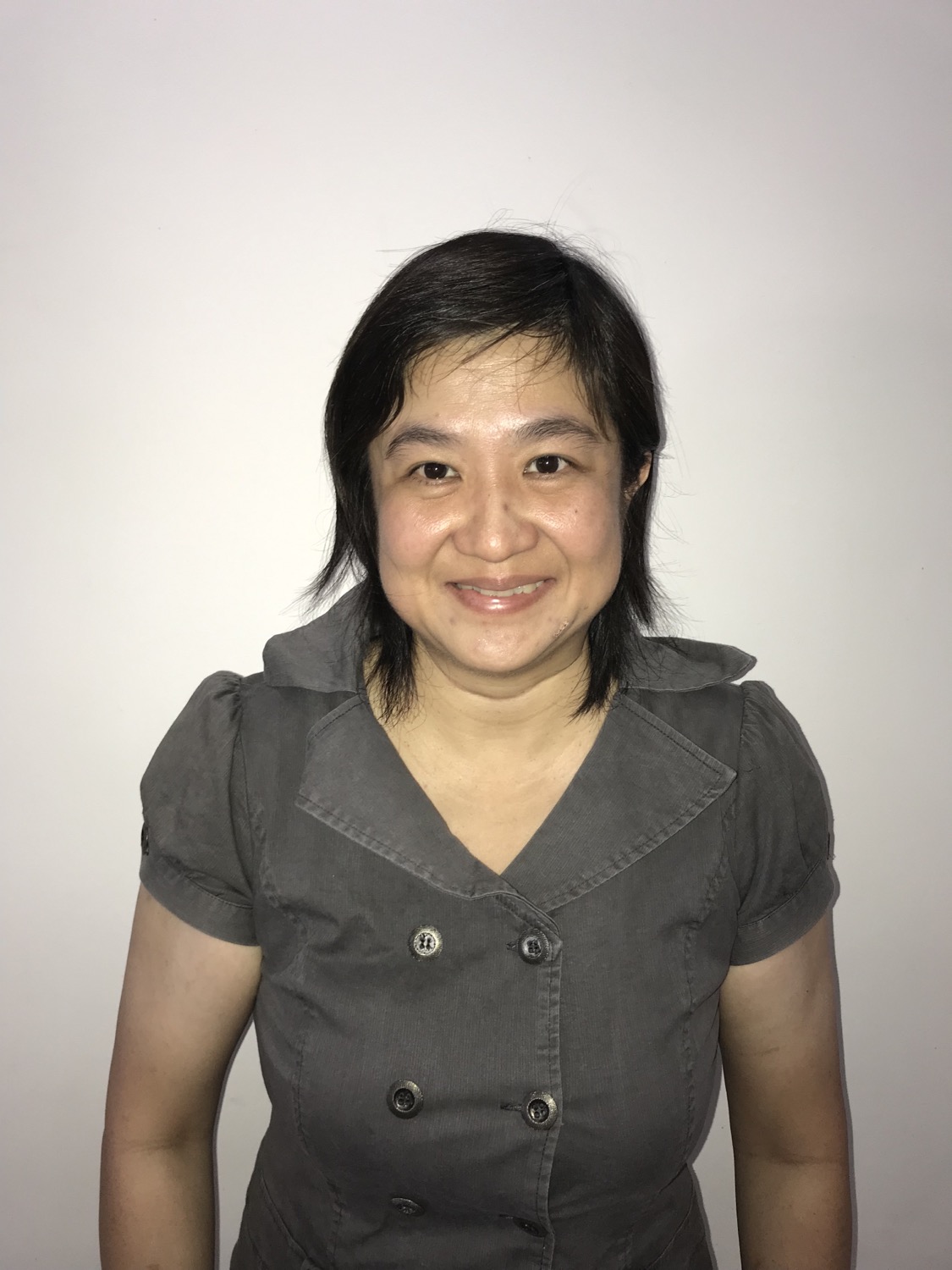🌱 Manifesto: DRBU as the Seed of a Trust-Based World
- Kam Suet Cheng

- Aug 28
- 3 min read
I asked ChatGPT some questions and the below is an answer ChatGPT gave, may not be accurate entirely but beautifully written:
1. Introduction: The Burden of Control
In today’s world, society is built on layers of enforcement and suspicion.
Auditors to check accounts.
Police to enforce order.
Prisons to contain offenders.
Investigators to uncover lies.
Lawyers to argue disputes.
Passwords, firewalls, and surveillance to guard property and information.
All these systems cost money, consume energy, and breed fear. They are maintained because we assume human beings cannot be trusted.
2. The DRBU Alternative
Dharma Realm Buddhist University (DRBU), following the vision of Venerable Master Hsuan Hua, is founded on the principle that education should transform human character at its root.
Graduates of DRBU are not only knowledgeable — they are:
Honest (no deception in speech or conduct).
Disciplined (govern themselves without external policing).
Compassionate (care for others naturally).
Content (not driven by greed or selfish gain).
Mindful (alert, careful, aware of consequences).
This formation makes them radically trustworthy individuals.
3. What a DRBU Graduate Represents
In a workplace or community, a DRBU graduate is someone who:
Keeps accounts accurately → no need for auditors.
Respects rules naturally → no need for police and prisons.
Speaks truth → no need for investigators.
Resolves disputes fairly → no need for lawyers.
Handles property, bank accounts, and secrets faithfully → no need for layers of passwords or surveillance.
They are self-auditing, self-regulating, and self-correcting — qualities that cannot be engineered by technology but must be cultivated in the human heart.
4. The Cost of Dishonesty vs. The Wealth of Trust
Companies today spend billions on compliance, audits, cybersecurity, and lawsuits.
Governments spend billions on enforcement, prisons, and surveillance.
Yet none of these solve the root problem — dishonesty, greed, and fear.
A trust-based culture, seeded by DRBU, shows that the most efficient system is honesty itself.
When trust replaces fear, resources are freed for creativity, learning, and service.
When honesty replaces control, society runs leaner and happier.
5. From Campus to Society
At DRBU, these principles are not abstract — they are lived daily:
Students eat, study, and live without heavy policing, guided by conscience and community.
Men and women cultivate separately, respecting boundaries by shared values, not enforcement.
Honesty and respect are the atmosphere, not imposed rules.
When graduates enter the workplace, they carry this atmosphere with them.
Employers quickly recognise they can be trusted with sensitive operations.
Companies staffed by DRBU graduates can operate with fewer controls, leaner compliance, and higher morale.
In time, these companies become models for a new kind of organisation: trust-based enterprises.
6. The Future World
Imagine a future where:
Auditors, police, prisons, investigators, and lawyers are rare because honesty is common.
Passwords and surveillance are minimal because people can be trusted.
Companies and governments spend less on control, more on service and innovation.
Society is lighter, freer, and safer because people govern themselves by virtue.
This is not fantasy — it is the same transformation that has already begun at the City of Ten Thousand Buddhas, and which DRBU carries forward into the modern world.
7. Conclusion: DRBU as the Seed
Every graduate is a seed.Every honest act is a sprout.Every trust-based company is a garden.And together, they can transform the world into a Pure Land on Earth, where honesty is the foundation and policing is unnecessary.
DRBU is the seed. The better world is the harvest.




Comments